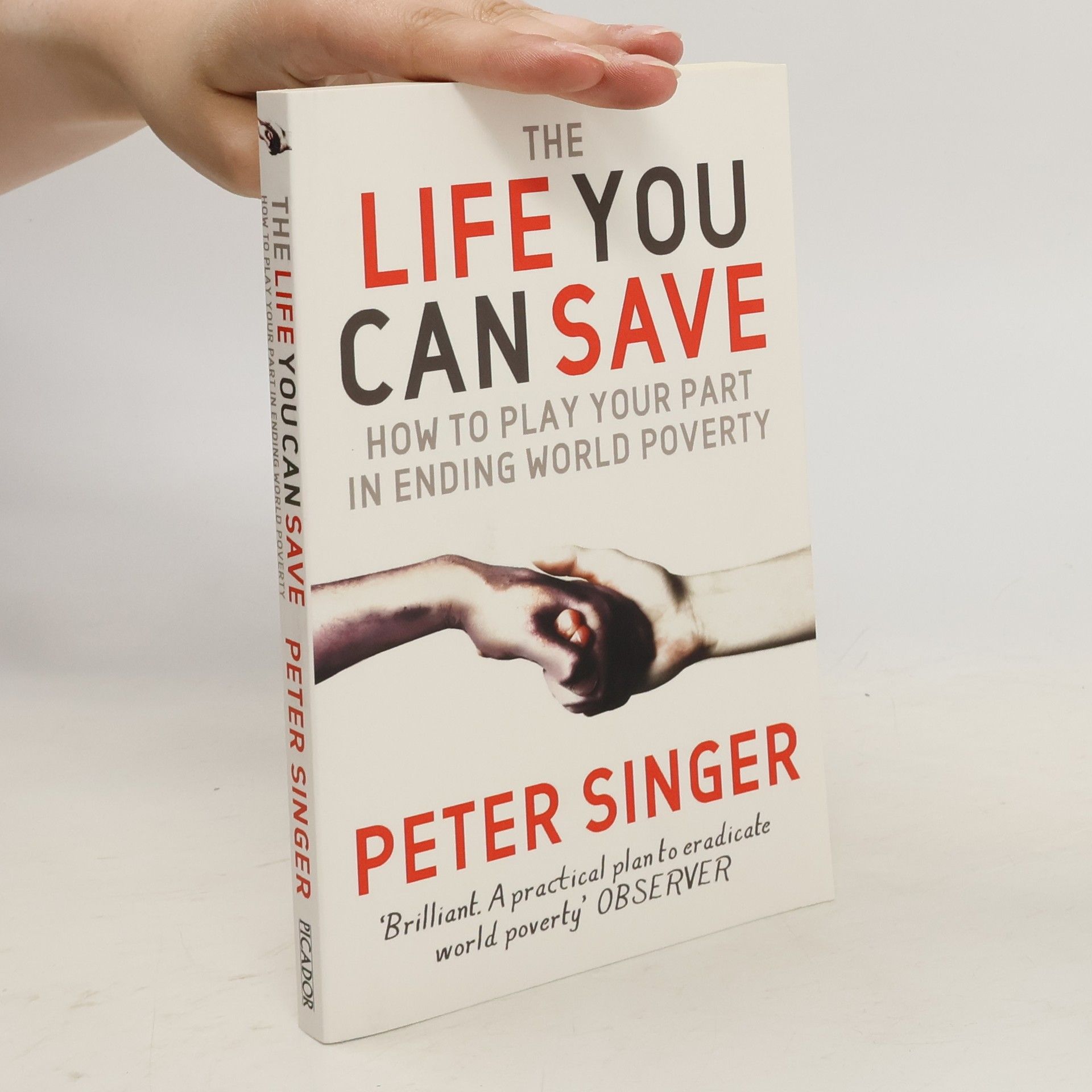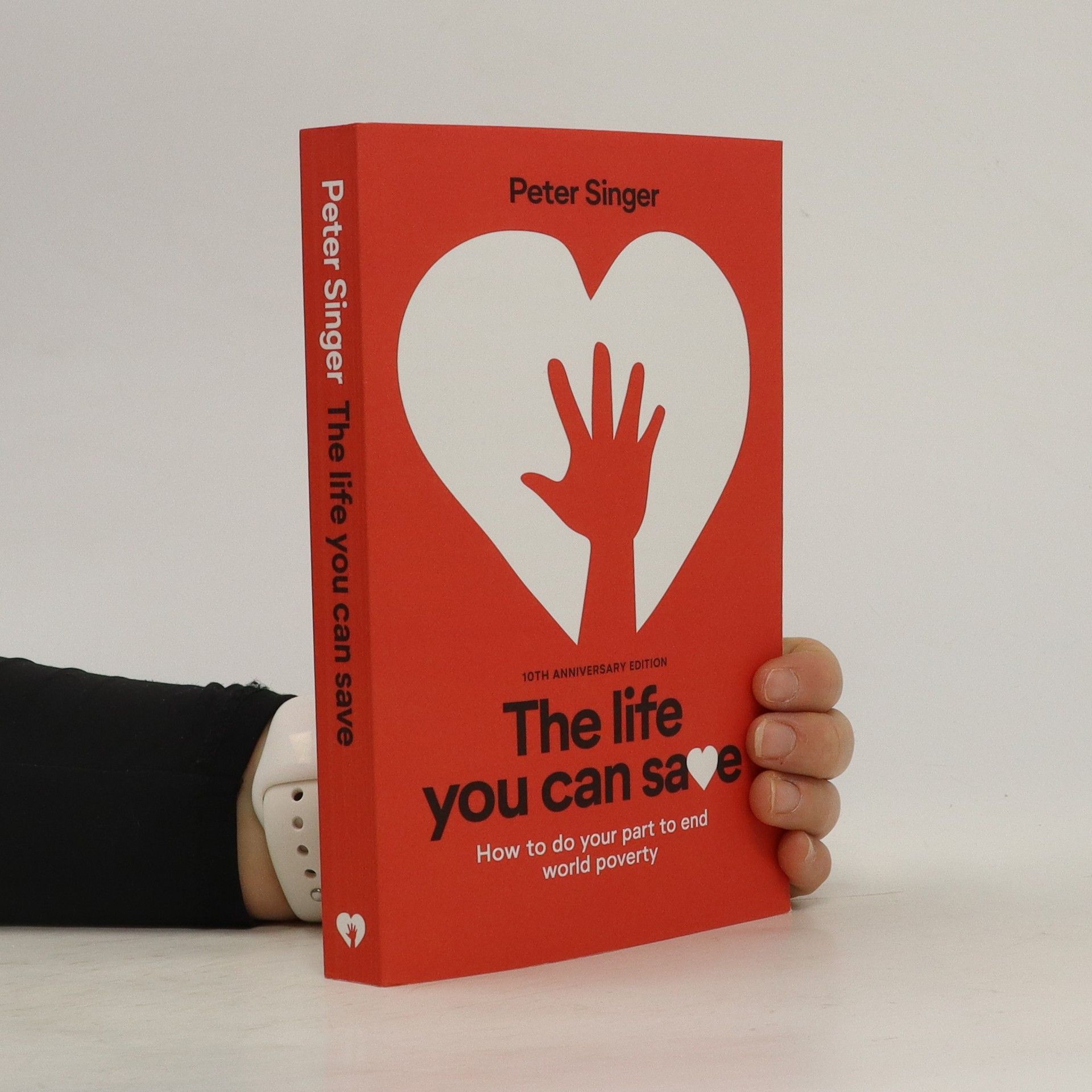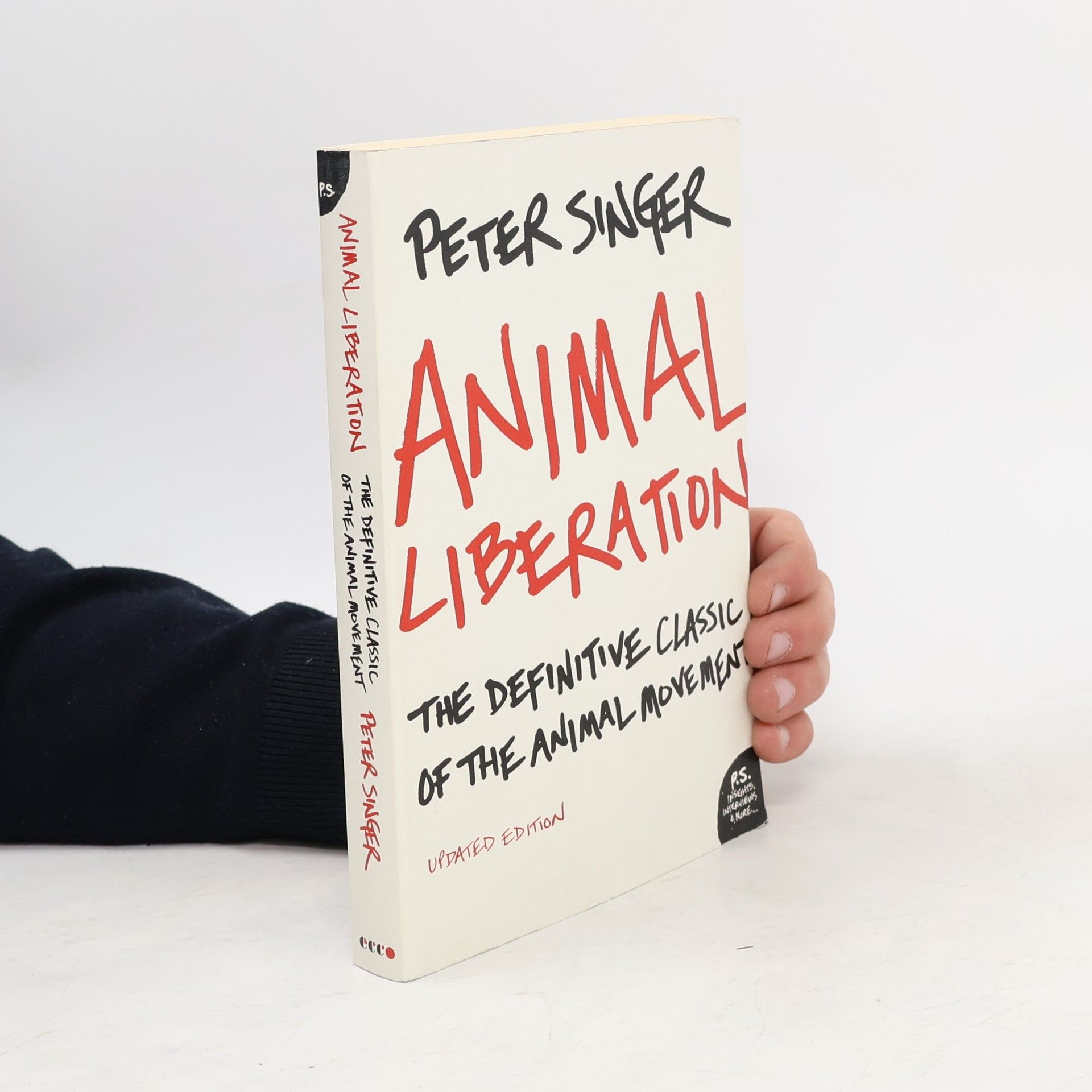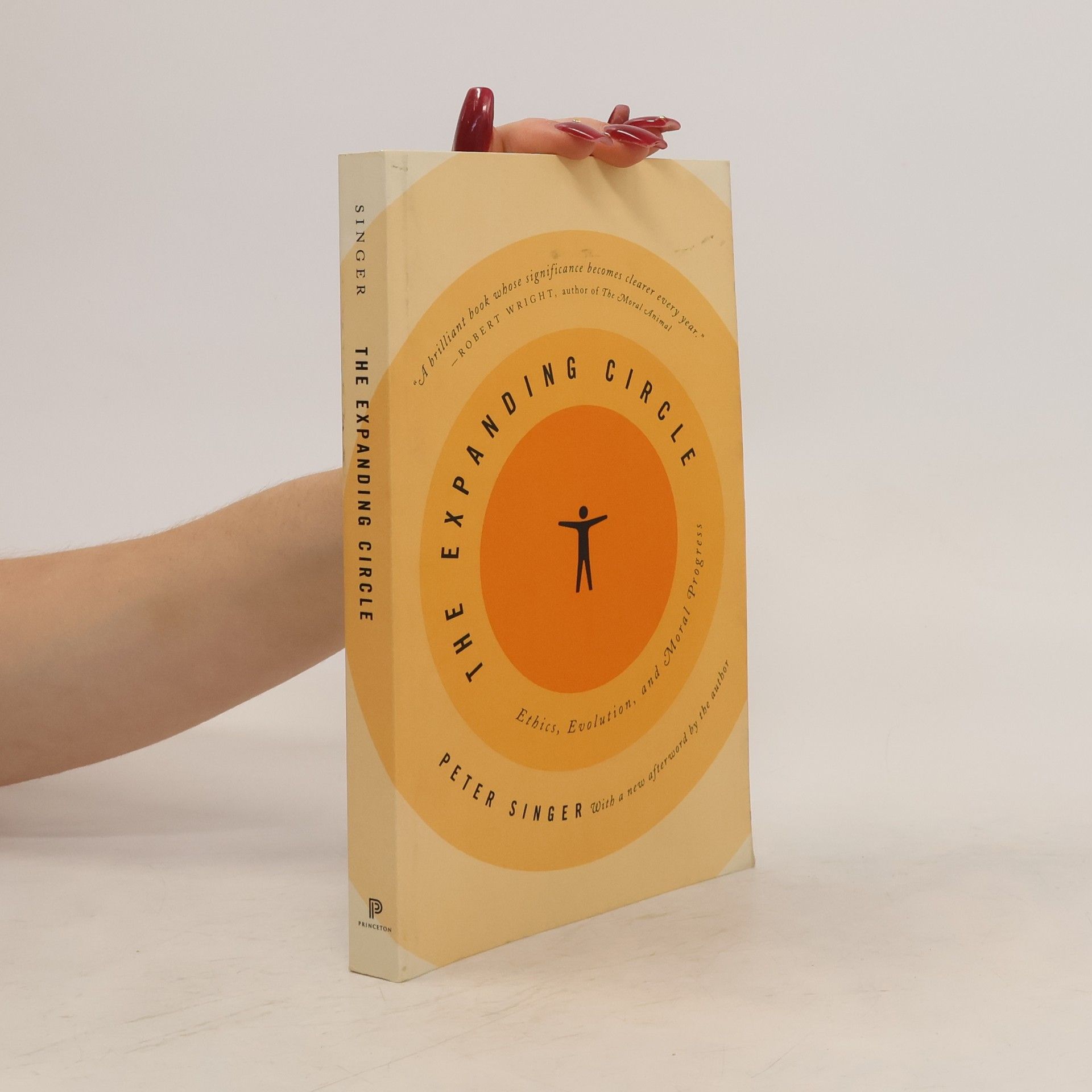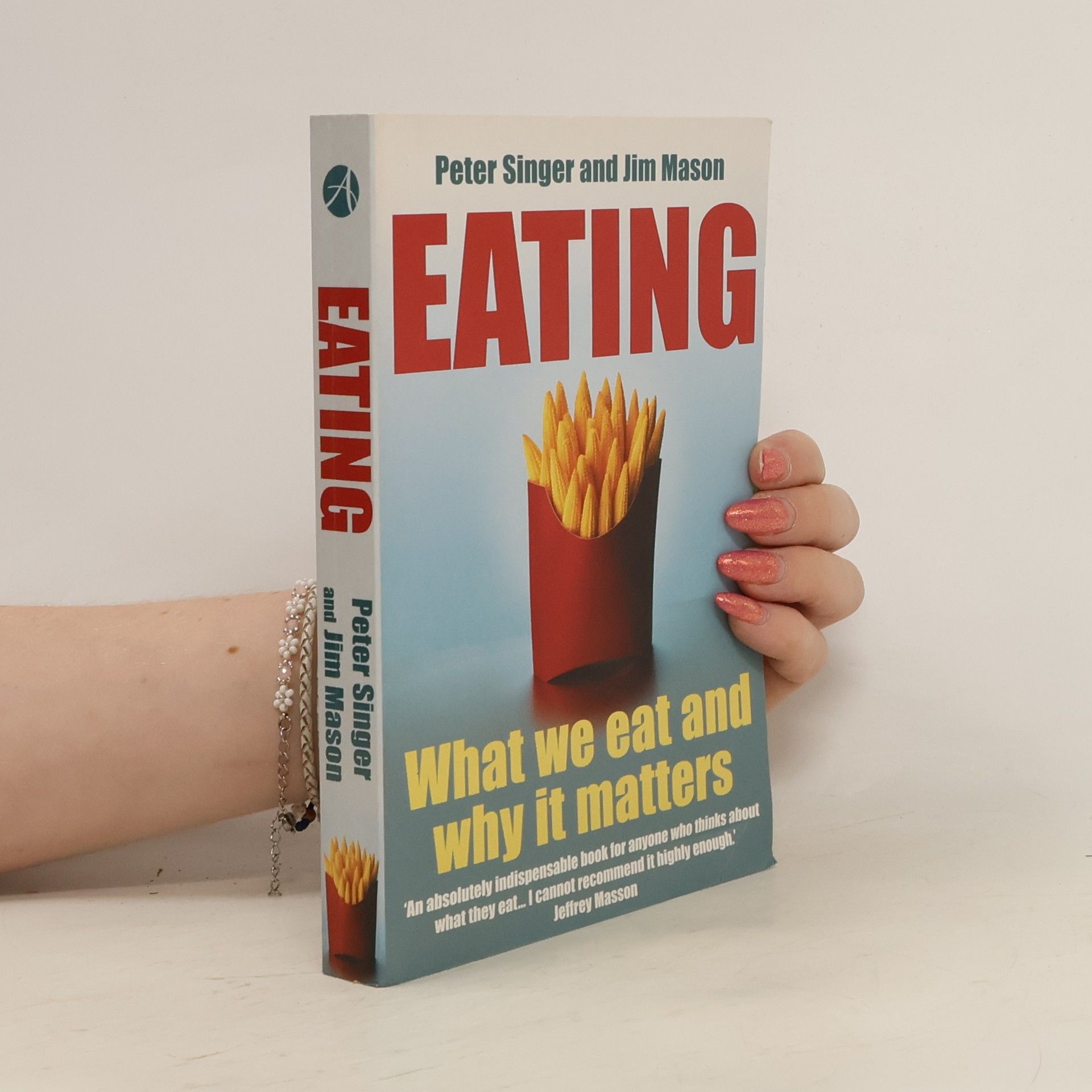Théorie du tube de dentifrice
- 352pages
- 13 heures de lecture
Seul et sans organisation, cet homme a tordu le bras de géants comme McDonald's, l'ancien puissant directeur du FBI John Edgar Hoover ou encore de l'Oréal. Afin de transformer le monde et de donner du sens à sa vie, Spira n'a cessé de développer ses propres méthodes : chercher le dialogue avant la confrontation ; toujours proposer une alternative crédible à ce que l'on dénonce ; éviter l'entre-soi des militants ; ne pas diviser le monde en saints et en pêcheurs... Sa vie est un shoot d'inspiration pure.

